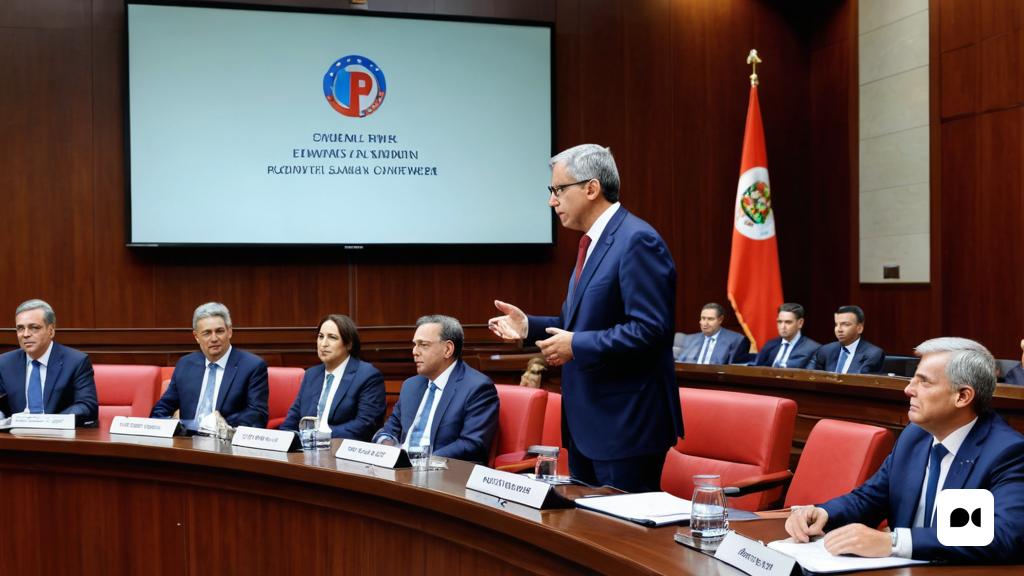The big parties end the presentation phase
The judicial reform promoted by the PP and the PSOE has reached the final stage of its process before being approved. During the presentation phase, the two parties made technical adjustments to the proposal, with the participation of Chamber lawyers. This stage has culminated in the transfer of the report to the Justice Commission, where the text is expected to be approved.
Rejection of Sumar’s amendments
The majority parties have rejected the amendments presented by Sumar during the meeting of the paper in Congress. This decision is part of the agreement between the PP and the PSOE, which stipulates that neither party will support amendments that do not have the consensus of both. As a result, the proposals of the minority partner of the coalition Government have not been accepted, and it is expected that these amendments will not prosper in the debate of the Justice Commission.
Possible next steps
Sumar has decided to keep his amendments for discussion in the Justice Committee. Subsequently, the plurinational group will have to determine whether it maintains the amendments for debate in the Plenary, where the proposed law will be put to a vote. It is expected that, with the absolute majority of the PP in the Upper House, the proposal will be approved without significant changes.
Technical adjustments without substantial impact
During the presentation phase, it was reported that the adjustments made by PP and PSOE were of a technical nature and did not affect the content of the rule. The aim of this legislative reform is to address issues such as the ‘revolving doors’ in the Judiciary, to strengthen majorities in judicial appointments and to establish the basis for changes in the system of electing members of the CGPJ.
Partial amendments and proposals to add
Sumar has presented partial amendments to the proposed law, including proposals such as the designation of specific substitutes for members of the CGPJ and access to seats in the Supreme Court. In addition, they have raised the need to guarantee access to these places for certain groups of magistrates and lawyers. They have also proposed provisions related to the re-entry of lawyers who have held political positions.

